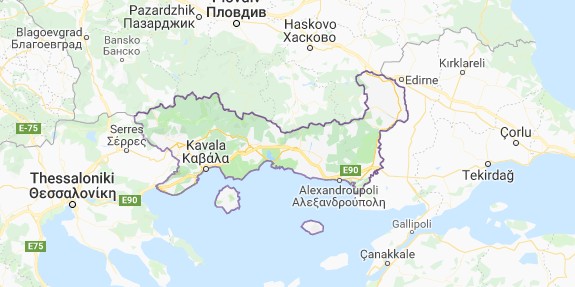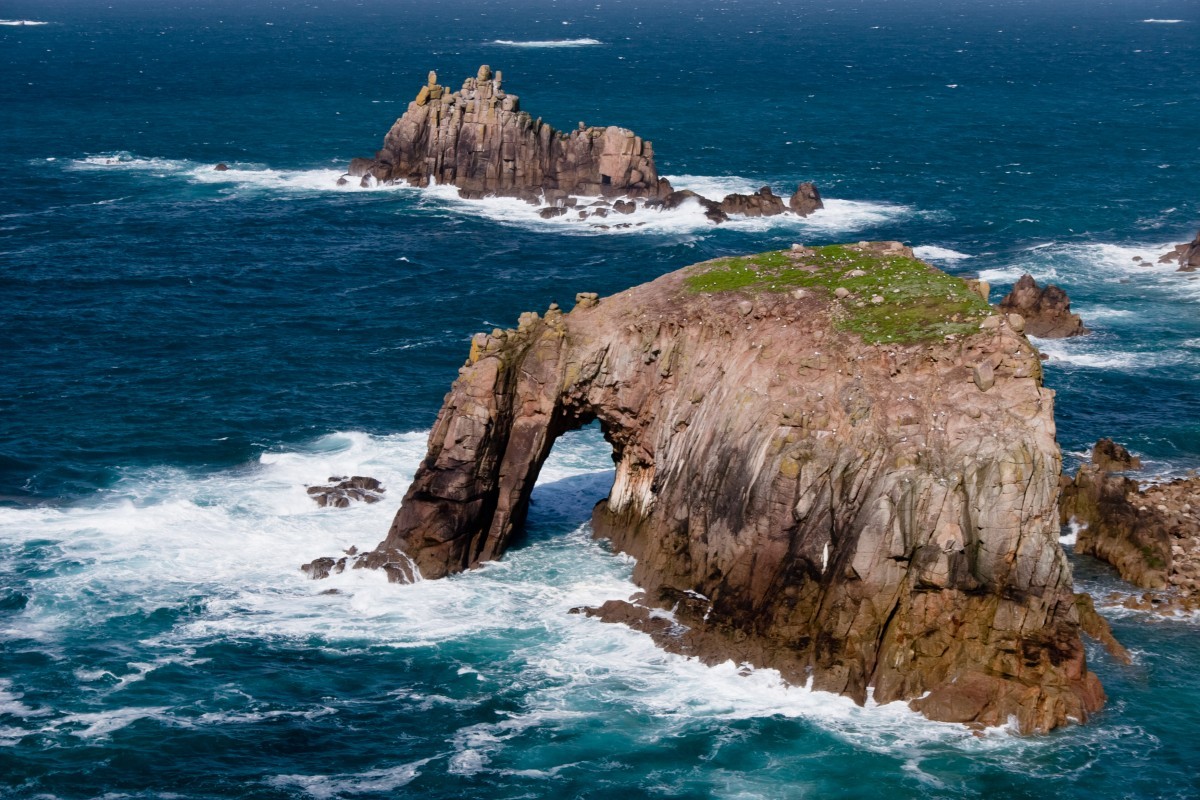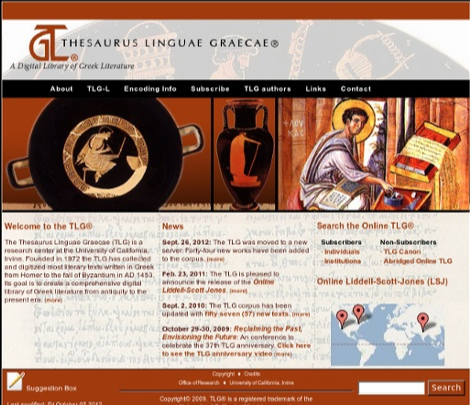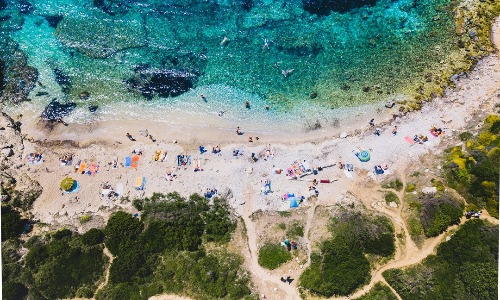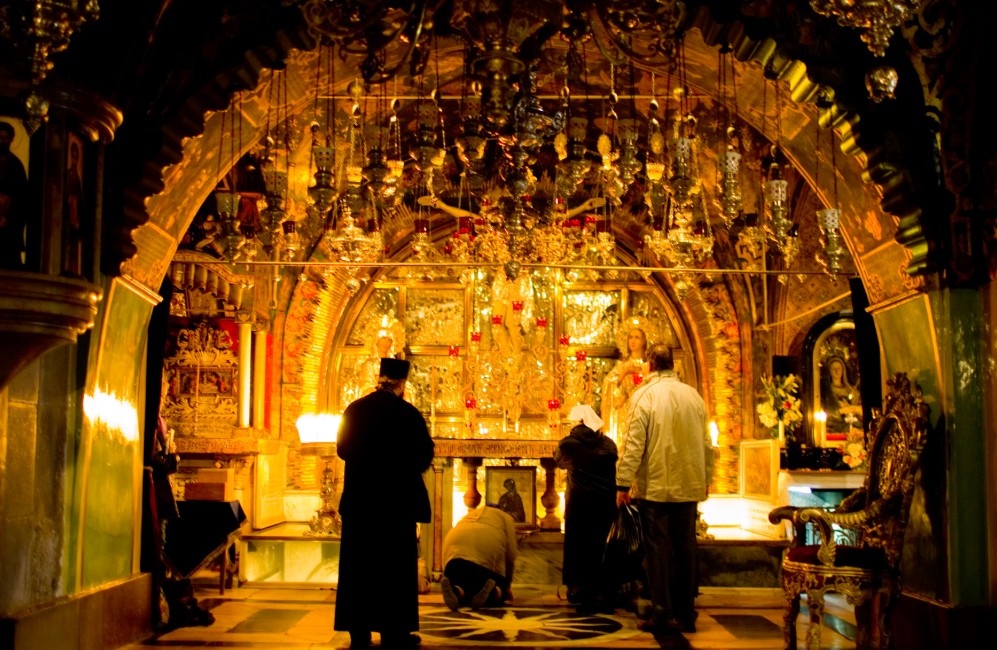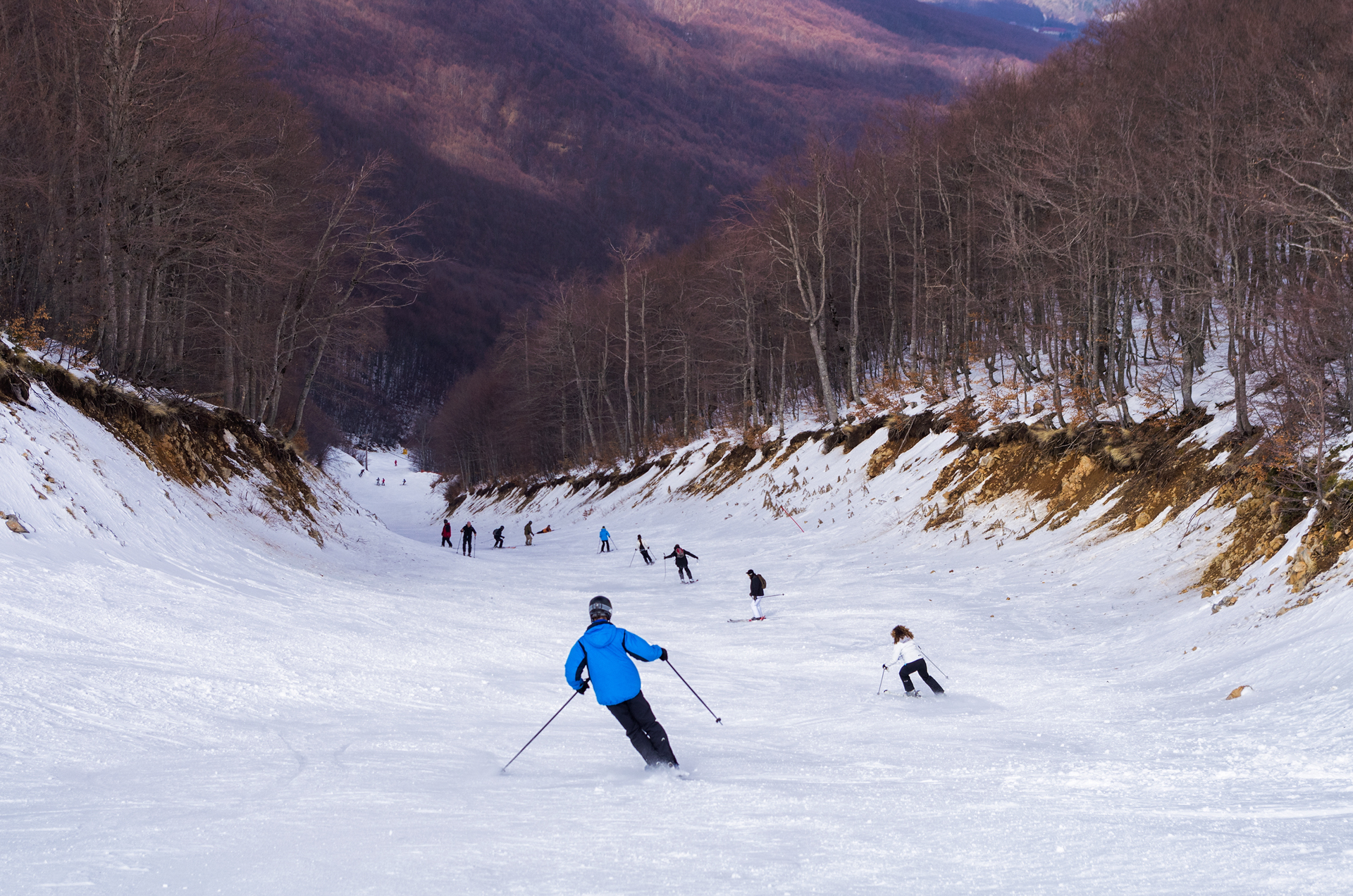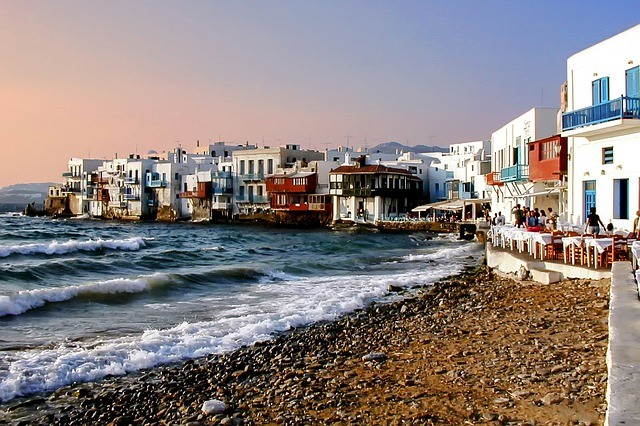
Macedonia is the largest and northernmost region in Greece . The region has many great fertile plains, intersected by rivers, mountains and beaches. Macedonia with its great cultural and historical background has played an important part in the development of Greece . With over 4,000 years of civilization, Macedonia has developed in to a popular destination for the tourist, but also into a major commercial center. The region consists of 13 prefectures each with their own charm and beauty.
Macedonia, is the northernmost province of Greece and one of its most important places with evidence of history from the beginning of the centuries till today.
In Halkidiki, we “meet” the first man who lived in Greece. The discovery of the Archanthropus skeleton found at Petralona cave, is estimated that represents a transitional stage in human evolution, from Homo Erectus to Homo Sapiens. Moreover, the city of Pella in Macedonia was the birthplace of Alexander the Great, and area full of archeological treasures.
Salonica (Thessaloniki) is the second largest city in Greece and definitely can be characterised as the city of love. It has an unbelievable amount of excellent restaurants scattered all over the city – they take food very seriously and visitors will enjoy some of the finest cuisine in Greece. Its nightlife is also great. If you’re interested in culture and history you can visit the numerous Byzantine churches, and the museums for classical, Byzantine and folk history, as it was the second most important city of the Byzantine empire. A visitor can admire stunning sceneries and archaeological sites close to and within the city. During September- October there are many festivities and cultural events taking place in Thessaloniki.
In an hour drive from Thessaloniki you reach Chalkidiki, a great resort very popular with tourists, with some of the finest beaches in the whole of Greece.

A visit to Mount Athos can be characterised as a journey in a time. It is a self- governed part of the Greek state, the centre of Eastern Orthodox Monasticism, a place completely dedicated to prayer and worship of God. Unfortunately, Agion Oros can be visited by men only. They say that the only woman who visited Mount Athos is the Virgin Mary.
Definitely, Macedonia is a must visit area with very interesting places to visit.
Famous persons of Macedonia
Aristotle ( Ancient Greek philosopher)
Aristotle was born in 384 BC in Stagira Macedonia. His father, Nikomahos was the personal doctor of King Amyntas B’ of Macedonia, His mother Faistis, had come in Stagira with the Halkideis and belonged to the race of Asklipiades. Aristotle became prematurely an orphan and Proxenos, a friend of his late father, took custody of him. Proxenos took care of him, as he was his own child, and send him in Athens at the age of 17 in 367 BC to become a student of Plato. Aristotle studied at Plato’s Academy for 20 years, until the day his tutor died. In the Academy, he left everyone speechless, even his own tutor, with his intelligence and his hard work.
In 347 BC, when Plato died, Aristotle and hid friend Xenokratis left Athens and went to Assos. Here tutored for three years along side his friends at the School of Philosophy,
In 345 BC, Aristotle took the advice of his student Theofrastos, went across to Lesvos and settled in Mytilene, where he remained and tutored until 342 BC. He married the niece and stepdaughter of Ermias, Pythiada. They had a daughter named after her mother. After his wife’s death, Aristotle had a relationship with a woman called Athina, who gave him a son, Nikomahos.
In 342 BC, Philip invited him in Macedonia, to tutor his son Alexander who was then 13 years old. Aristotle willingly accepted the tutoring of the young heir. Alexander’s education took place in Pella and in Mieza; Aristotle lived in the Macedonian court for six years. When Alexander battered the resistance of the Thebans and brought peace in South Greece, Aristotle went in Athens and founded his own philosophical school. The place he chose was the Gymnasium, which also called Lyceum, between Lykabetus and Ilisos, close to the gate of Dioxaris, today the site of the National Garden of Athens.
The school was founded on the lines of the Platonic Academy. Advanced courses took place during the morning and elementary courses during the afternoon. Morning tutoring was strictly philosophical. The afternoon tutoring was “rhetorical” and “exterior”. The school library became a model for the establishment libraries of Alexandria and Pergamo’s. Aristotle collected maps and all kinds of instruments he thought useful in order to teach scientific courses. In 323 BC, when Alexander died, the followers of the anti-Macedonian party saw their chance to get revenge on the Macedonians through Aristotle. The clergy accused Aristotle of impiety, because he had made his own altar to Ermia. However, Aristotle knew the true motives and intentions of his complainants, so he left for Halkida, before his trial in 323 BC. He stayed in his mother’s house with his second wife Erpyllida and his two children Nikomahos and Pythiada. In 322 BC, he died in Halkida from an illness in his stomach; his body now rests in his hometown, Stagira.
Alexander the Great
Alexander was born on 356 B.C. He was born in Pella the ancient capital of Macedonia, was the son of Philip II, king of Macedonia, and of Olympias, a princess of Epirus. His tutor was Aristotle. In the year 336 BC, his father was assassinated and Alexander became King. His empire was in disorder, and his enemies of which there were many plotted against him. Rebellions in the region and abroad threatened the stability of the empire. These rebellions were quickly quelled, his enemies put to death, and order was soon restored to the Macedonian empire.
In 335 BC, he carried out a campaign planned by his father before his death, against the Persians, also he campaigned against the Thracians and his army reached the Danube River. On his return from these campaigns, he had to do battle with the Illyrians and put down a revolt in the city of Thebes. The city of Thebe was destroyed except for the temples and the house belonging to the Greek poet Pinder. Other Greek city-states soon bowed down to the might of Alexander after the raid on Thebes.
Alexander was becoming a powerful ruler in the region, it is said he travelled to the Oracle at Delphi, and on a day when prophecies were forbidden. The priestess had to be forcibly moved to the site of the Oracles, whilst being pulled she screamed at Alexander “my son you are invincible”. This was music to Alexander’s ears and in the year 334 BC, he travelled to Asia.
Alexander thought after this prophecy he was an indestructible god, and he told people he was a descendent of Hercules. He also says his mother was impregnated by a serpent, rather than by his father, strengthening his belief in himself that he was a god. His death at the age of 33 has raised many questions about his demise, and historians have tried to unravel this mystery. Though Alexander was married and had a son, some people think he was a homosexual, though this theory has never been really proved. Alexander’s closet friend was, Hephaestion, and they did spend a lot of time together discussing matters of life and the future. This may be the reason it is thought he was gay,
It is said that Alexander had “Oedipal “feelings towards his mother and this may have affected his sexuality. His father took many lovers whilst married to Alexander’s mother and this caused the parents relationship to suffer. This left an impression on the young Alexander, who took his mothers side in these disputes, and this may have resulted in his inability to form relationships with other women. This is one theory amongst many. Whatever his preferences, he will be remembered as one of the most powerful Kings of the time, one who conquered most of the known world at that time.

